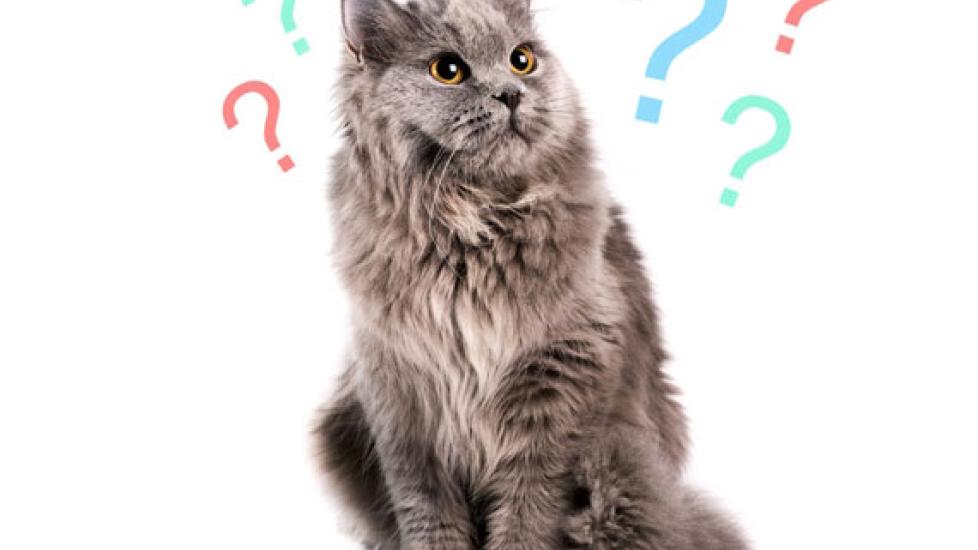Why Your Veterinarian is Difficult to Talk to
Do you often get that feeling that your veterinarian just doesn’t understand your primary concerns? No matter how long the conversation lasts, there just doesn’t seem to be a meeting of the minds. There may be a good reason for this — and it isn’t you. It may be a result of your veterinarian’s Meyers-Briggs Type Indicator.
What is a Meyers-Briggs Type Indicator?
Many of you have probably completed a Meyers-Briggs Type Indicator or MBTI test. An MBTI is personality typing based on the way you answer question about your feelings toward yourself and how you relate to others. There are free tests online and I would encourage you to take one. They can be very helpful in helping you to define your strengths for gauging a good employment fit and to help define areas that you might want to improve or overcome.
Test results are generated by assessing four general categories: (From the Meyers-Briggs Foundation website)
- Do you focus on the outer world or your own inner world? Extraversion (E) or Introversion (I)
- Do you focus on basic information or prefer to interpret? Sensing (S) or Intuition (I)
- Are decisions based on logic or consideration people and special circumstances? Thinking (T) or Feeling (F)
- Do you prefer to get things decided or prefer to be open to new options? Judging (J) or Perceiving (P)
Putting four letters together based on the test answers yields 16 possible personality types. Each 16 types have various, unique characteristics. The personality type that is the focus of this post is the ISTJ
The ISTJ Personality
This MBTI group looks to themselves for answers based on prevailing information that is objective in order to reach a speedy decision. According to Kathleen Ruby, a PhD in psychology on the faculty staff at Washington State University School of Veterinary Medicine, ISTJs represent only roughly six percent of the general population. However 25 percent of veterinarians are ISTJ, second only to the 30 percent in the military. In an article in the latest edition of Veterinary Brief, Ruby describes the ITSJ personality:
- Strong opinions about how things should be done
- Has a deep sense of what is right or wrong
- Are not naturally in tune with the feelings of others
- Prefer to work independently
- Respects facts and concrete information
- Values tradition and the status quo
- Holds themselves and others to high standards
- Dislikes change unless it can be proved to be beneficial
- Respects rules, regulations, and protocols
- Practical, stable, and down-to-earth
- Work long and hard to finish
- Have difficulty complimenting others
No wonder it is sometimes hard to talk to your vet. Certainly ISTJs are focused on wasting no time to implement immediate steps they see as necessary to treat your pet. Unfortunately, they may leave you behind in the process and not be mindful of the emotional and financial considerations that go along with veterinary decisions. ISTJs are likely to dismiss your needs as the pet parent and ignore important information that might give insights to the diagnosis and treatment of the case.
Dr. Ruby sees these individuals as highly organized and exceptional at managing “the technical aspects of a practice.” In other words, they are better in the treatment and surgical area than in the exam room. As a practitioner with ISTJ tendencies I could not agree more. I have spent my entire veterinary career as a solo practitioner, whether owning my own hospital or performing solo relief for other veterinarians. ISTJ traits are necessary for such a role. However, owning a hospital during the “dotcom” recession changed everything.
I engaged a practice management expert to help me with adjusting to changes to cope with the economic downturn. Unlike others in his field, he did not offer plans for cutting expenses, creating profit centers, and other MBA ideas. Instead he gave me a reading list of 40+ self-help books (Tony Robbins, Og Mandino, Jim Brown, Zig Ziglar, Ken Blanchard, etc.) and told me to change myself. And he was absolutely right. I engaged my clients more and learned to draw important information from them. Our business thrived and it made me a much more effective relief vet after the sale of our hospital. I paid him $25,000 for the advice and I did the work, yet to this day I still feel I got the better of the deal and would have paid more.
If you are having difficulty with your vet, remember the line Robin Williams spoke when Will finally made a break-through with his emotional past in Good Will Hunting: “It’s not your fault. It’s not your fault.” It may be your vet’s personality type.
Is your vet an ISTJ?

Dr. Ken Tudor
Image: deamles for sale / Shutterstock
